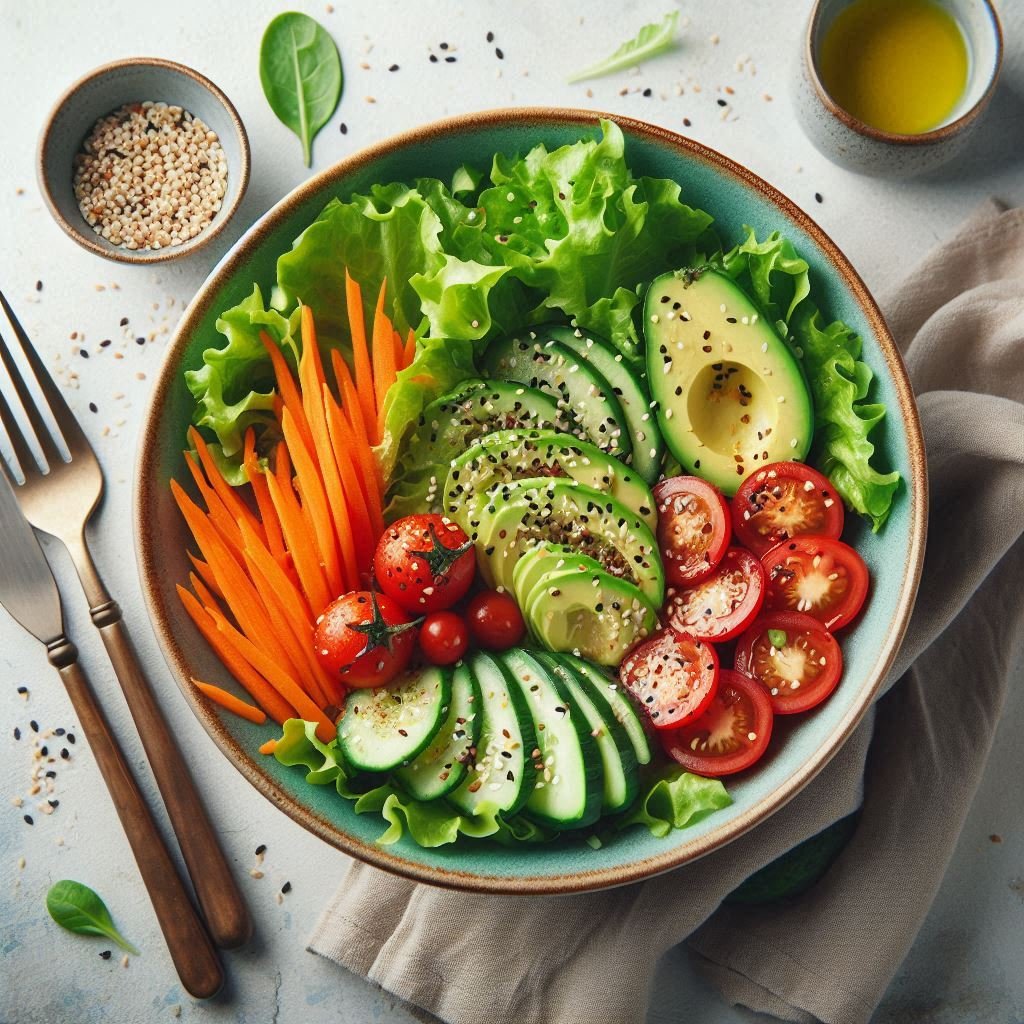Whether you’re a professional fitness enthusiast or just starting your fitness journey, the food you consume plays a very crucial role in maximizing your performance and muscle recovery. So, let’s dive into the essentials of pre and post-exercise nutrition to help you get the most out of your schedule.
Understanding the Importance of Nutrition in Fitness
Before we get into the specifics, it is essential to understand why nutrition is important before planning a workout routine. Proper nutrition:
Fuels your body: Provides the energy needed for physical activity.
Enhances performance: Improves strength, endurance, and speed.
Promotes recovery: Helps repair muscle tissue and replenish glycogen stores.
Reduces the risk of injury: Supports muscle function and overall health.
Pre-Exercise Nutrition: Fueling Up for Success
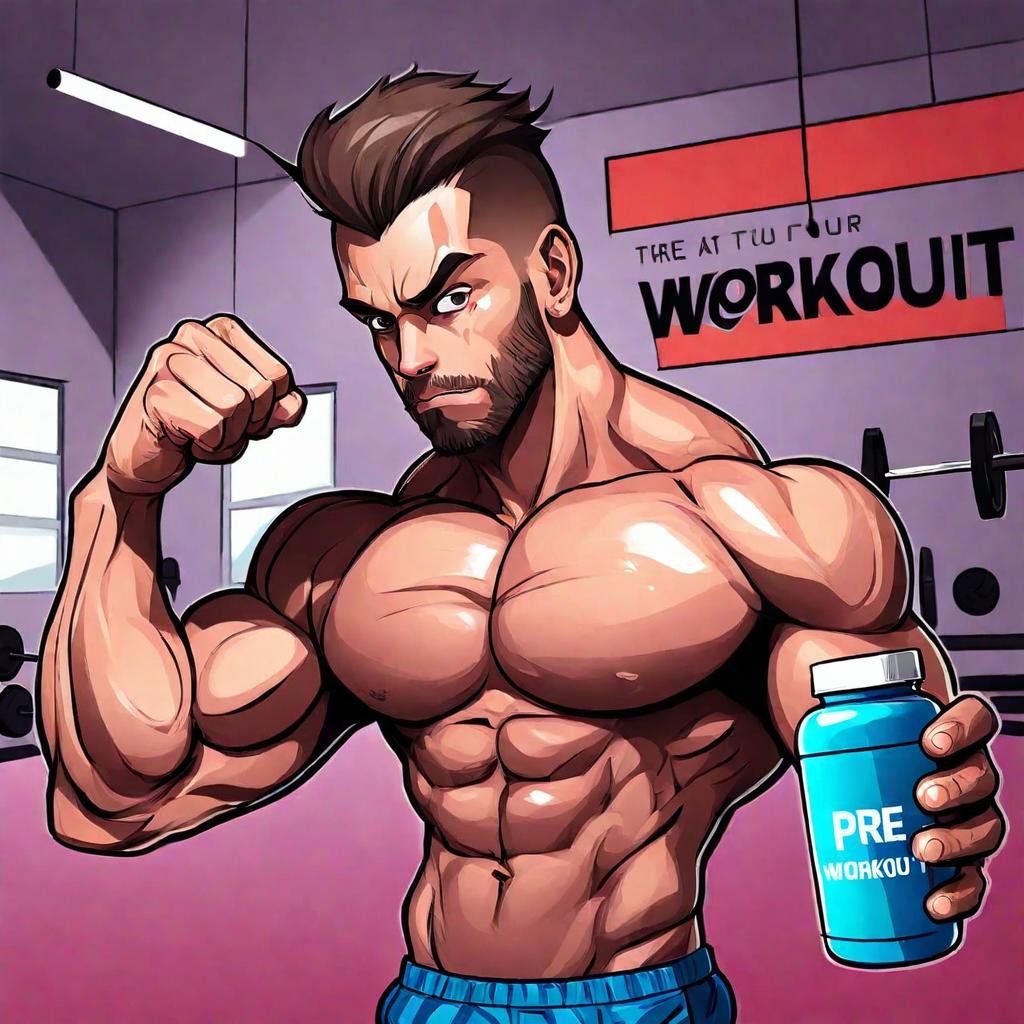
Timing is Everything
Timing is essential when it comes to pre-workout. You should aim to eat a balanced meal 2-3 hours prior to exercising. If time is limited, a little snack 40-60 minutes prior to you activity can still give you enough energy.
Key Nutrients
- Carbohydrates:
- Why: Carbs are your body’s primary source of energy, especially for high-intensity activities.
- What to Eat: Whole grains, fruits, and vegetables are excellent sources of complex carbs.
- Examples: Oatmeal with berries, whole-grain toast with banana slices, or a quinoa salad.
2. Protein:
- Why: Protein helps build and repair muscle tissue.
- What to Eat: Lean meats, eggs, dairy products, and plant-based proteins like beans and tofu.
- Examples: Grilled chicken breast, Greek yogurt with nuts, or a protein smoothie.
3. Fats:
- Why: Healthy fats provide a steady source of energy for longer, lower-intensity workouts.
- What to Eat: Nuts, seeds, avocados, and olive oil.
- Examples: Avocado toast, a handful of almonds, or a small serving of mixed nuts.
Hydration Matters
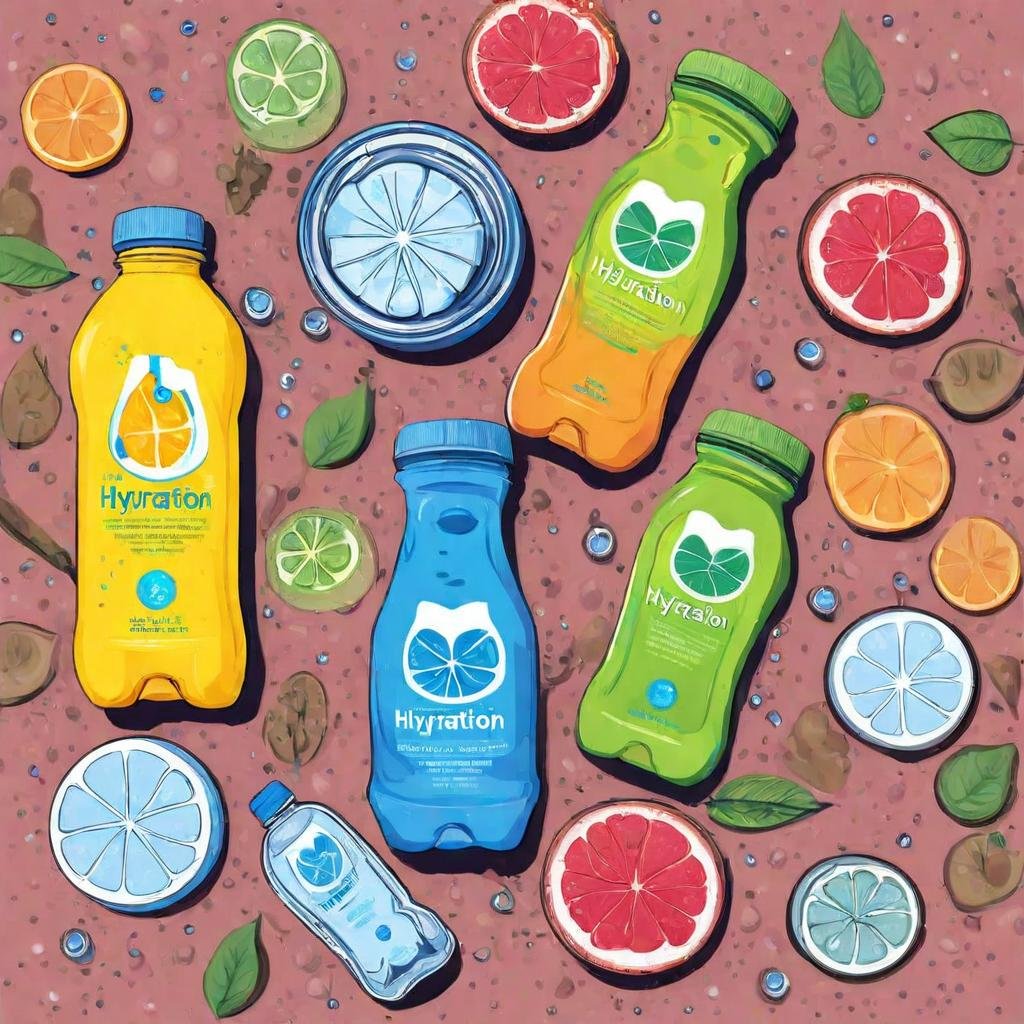
As much as a consuming essential diet is important, staying hydrated is crucial for a good schedule. It is recommended to drink through out the day, aiming for 1 to 20 ounces 2-3 hours prior to your workout. Electrolytes are beneficial for pronlonged period of working out.
Post-Exercise Nutrition: Refuel and Recover
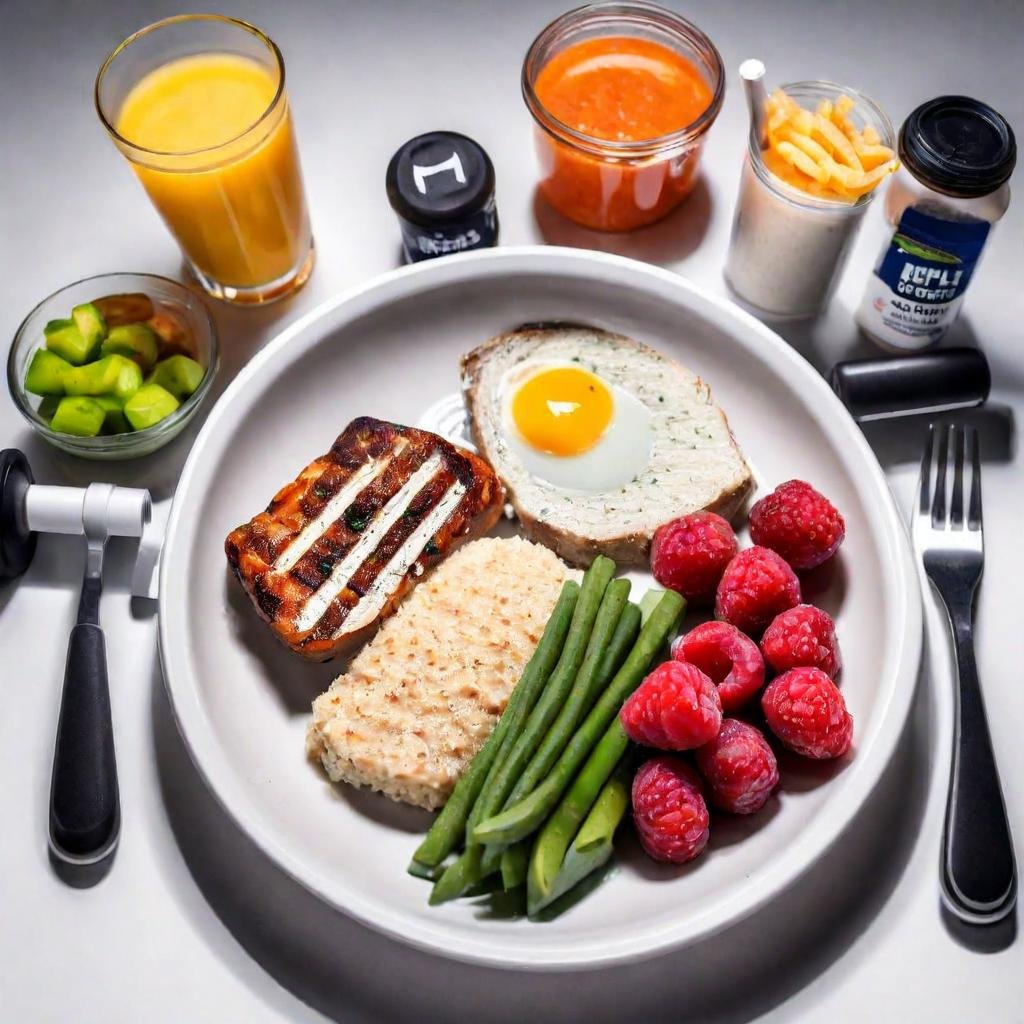
The Recovery Window
The time interval after your workout, also known as “Recovery Window” is essential for refilling your energy for initiating muscle recovery process. Aim to have a balanced lunch or snack withing 30-0 minutes of workout.
Key Nutrients
- Carbohydrates:
- Why: Replenishing glycogen stores is essential for recovery, especially after endurance activities.
- What to Eat: Simple carbs can be quickly absorbed by the body.
- Examples: A banana, sweet potatoes, or a slice of whole-grain bread.
2. Protein:
- Why: Protein is crucial for repairing and building muscle tissue.
- What to Eat: High-quality protein sources are best.
- Examples: A protein shake, lean turkey, or cottage cheese.
3. Fats:
- Why: While not as immediate as carbs and protein, healthy fats are still important for overall health and prolonged energy.
- What to Eat: Focus on unsaturated fats.
- Examples: A few slices of avocado, a tablespoon of chia seeds, or some olive oil drizzled on a salad.
Rehydrate and Replenish
Following physical activities, rehydration is important. It is recommended to drink water or electrolyte rich beverage to replenish fluids lost through perspiration. The exact amount will vary depending on the intensity and duration of your workout, but a rough rule of thumb is to drink 16-24 ounces of water for each pound of body weight lost during exercise.
Sample Pre- and Post-Workout Meals
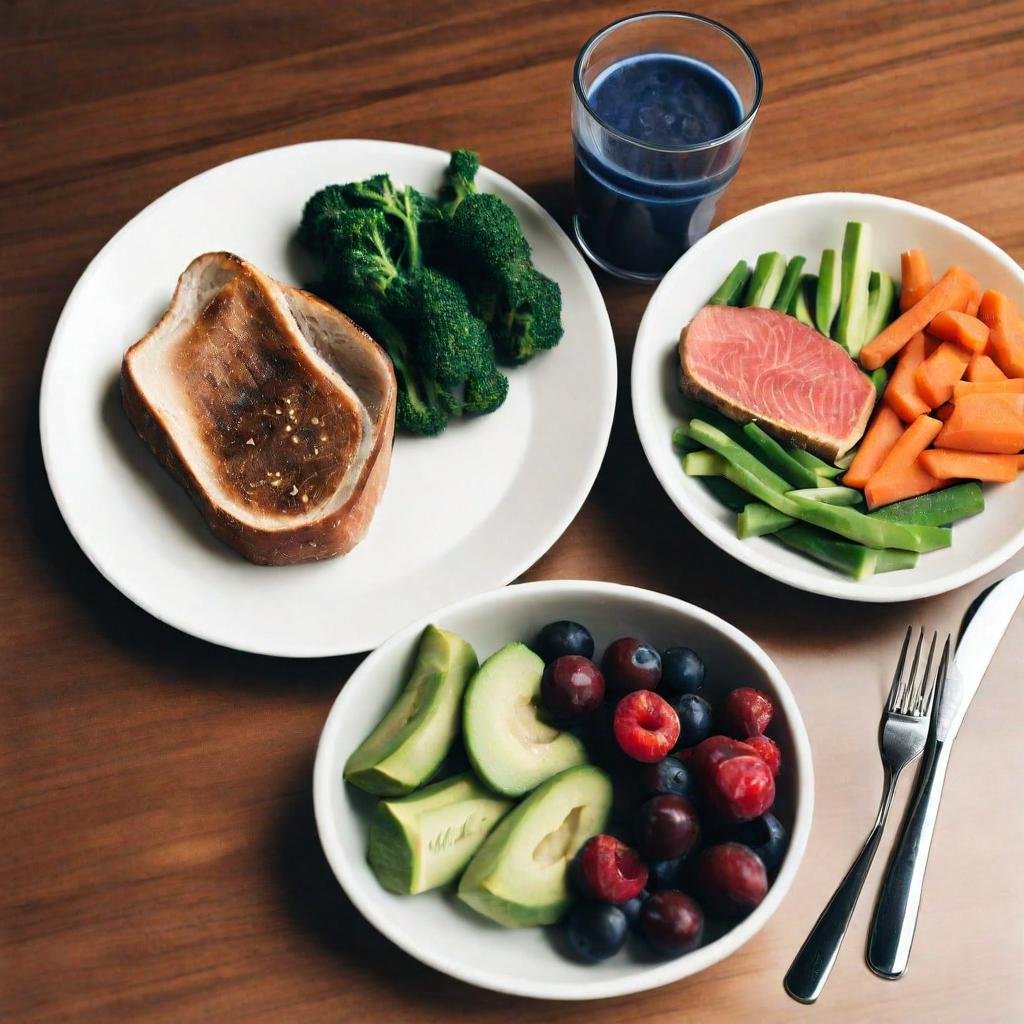
Pre-Workout Meals
- Meal Option 1: Grilled chicken breast with quinoa and steamed broccoli.
- Meal Option 2: Salmon with sweet potato and a mixed green salad.
- Snack Option: A protein shake with a handful of berries and a banana.
Post-Workout Meals
- Meal Option 1: Grilled chicken breast with quinoa and steamed broccoli.
- Meal Option 2: Salmon with sweet potato and a mixed green salad.
- Snack Option: A protein shake with a handful of berries and a banana.
Common Mistakes to Avoid
- Skipping Meals:
- Not eating before or after a workout can leave you feeling fatigued and slow recovery.
2. Overloading on Sugars:
- While simple carbs are good post-workout, avoid sugary snacks that offer little nutritional value.
3. Neglecting Hydration:
- Dehydration can lead to decreased performance and increased risk of cramps and injuries.
Personalize Your Nutrition Plan
Nutritional demands depends on person to person, so personalize your diet plan to specific goals and workout routine. Consider with a professional like nutritionist or dietitian to develop a personalized plan that meets your specific goals.
Conclusion
Optimizing your pre- and post-workout nutrition will help you perform better and recover faster. You may optimize the advantages of your workouts and reach your fitness objectives more efficiently by eating well-balanced meals with the correct combination of carbohydrates, proteins, and fats, as well as staying hydrated.
Remember that your body is a well tuned mechanism. Fuel it correctly, and it will provide you with the energy and strength you need to complete your workouts and go beyond. Have fun exercising!









